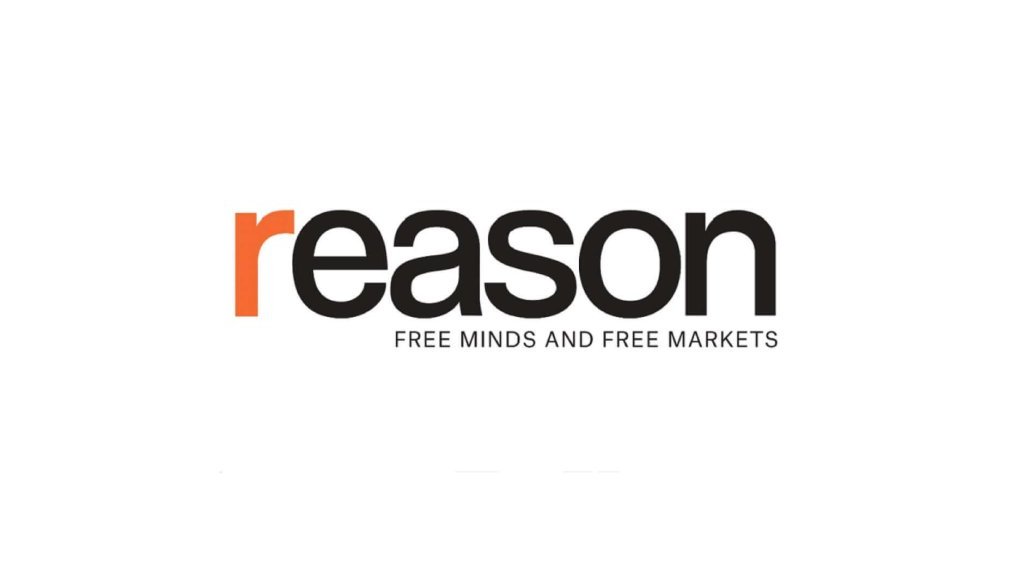What Happens When Presidents Defy Court Orders?
Alexander Hamilton described the judiciary as “the least dangerous branch” of the federal government because it holds neither “the purse” nor “the sword.” Rather, the federal courts have “merely judgment.” In fact, the judiciary “must ultimately depend upon the aid of the executive arm even for the efficacy of its judgments.”
But what happens to our constitutional order if the executive loses in court and then refuses to give efficacy to the judgment? What happens when presidents defy court orders?
This is no mere academic query. Over the past week, President Donald Trump has inched ever closer to openly defying an order of the U.S. Supreme Court.
On April 10, the Supreme Court ruled that a federal district court order “properly require[d]” the Trump administration “to facilitate” the “release from custody in El Salvador” of Kilmar Armando Abrego Garcia, a man whom the Trump administration admits that it unlawfully deported to a Salvadoran prison because of an “administrative error.” The Supreme Court further ordered the administration “to ensure that his case is handled as it would have been had he not been improperly sent to El Salvador,” and to “be prepared to share what it can concerning the steps it has taken and the prospect of further steps.”
To put it mildly, the Trump administration has not faithfully followed this judicial order. Rather, Trump officials have egregiously misrepresented what the order actually said while taking zero steps to facilitate Abrego Garcia’s return to the U.S.
And things may soon get worse. So let’s assume the worst. Assume that
Article from Reason.com

The Reason Magazine website is a go-to destination for libertarians seeking cogent analysis, investigative reporting, and thought-provoking commentary. Championing the principles of individual freedom, limited government, and free markets, the site offers a diverse range of articles, videos, and podcasts that challenge conventional wisdom and advocate for libertarian solutions. Whether you’re interested in politics, culture, or technology, Reason provides a unique lens that prioritizes liberty and rational discourse. It’s an essential resource for those who value critical thinking and nuanced debate in the pursuit of a freer society.




